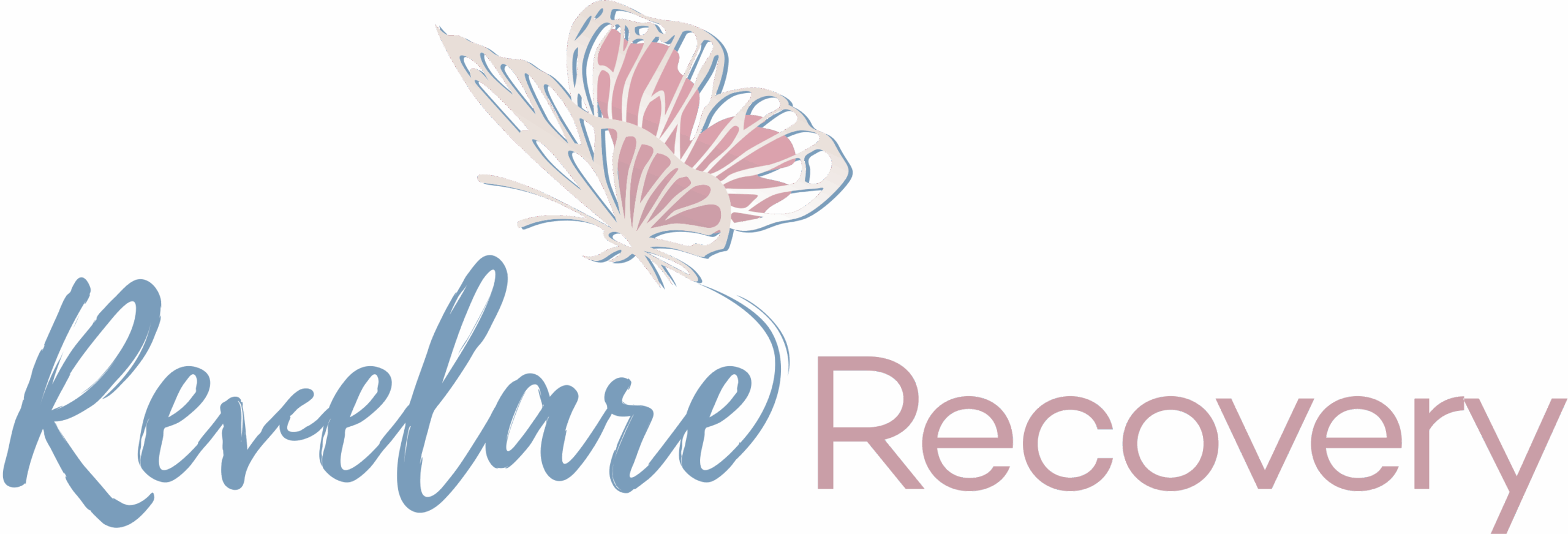Dual diagnosis which is also known as co-occurring disorders involves the simultaneous presence of any mental health condition alongside a substance use disorder (SUD). Treatment for these disorders becomes more complicated since their conditions work together as interlocking elements. Knowledge about underlying reasons and risk elements is vital for developing effective prevention and recovery methods. This blog examines the fundamental elements that lead to co-existing disorders while discussing essential information about their risk factor characteristics.
What are Co-Occurring Disorders?
Substance abuse occurs with mental health conditions so they become co-occurring disorders in patients. A person may possess double diagnoses between these conditions:
- Depression and alcohol addiction
- Anxiety disorders and opioid abuse
- Bipolar disorder and stimulant dependence
- PTSD and marijuana use disorder
Active symptoms increase when both disorders co-occur which makes diagnosis and treatment efforts more challenging.
Major Risk Factors for Co-Occurring Disorders
Multiple elements serve as risk factors for the formation of co-occurring disorders. The contribution factors fall into three categories including biological elements and environmental conditions and psychological influences.
1. Genetic Predisposition
Genetics prove to be significantly important factors that determine the development of mental health conditions along with substance use disorders according to research. A person’s risk of acquiring addiction problems and mental illness disorders becomes greater when relatives already have these conditions.
2. Early Trauma and Adverse Childhood Experiences (ACEs)
Trauma resulting from physical abuse or neglect together with viewing violence frequently develops into mental health difficulties. People typically turn to substances as a way to compensate for unhandled psychological trauma..
3. Chronic Stress and Environmental Influences
People with excessive stress from strained relationships or inadequate finances or work-related issues tend to consume substances for stress relief. The normalization of drug and alcohol use in particular areas leads to elevated dangers.
4. Brain Chemistry and Neurological Factors
Mental health disorders alongside addiction become more likely for people who suffer from imbalanced neurotransmitters such as dopamine or serotonin. The usage of specific substances produces changes to brain chemical processes that strengthen dependency on these substances.
5. Peer Pressure and Social Influence
People develop substance use behaviors through the influence of their social settings and peer groups. People with drug and alcohol misuse friends or family members face a higher probability of developing the same behaviors and co-occurring mental health issues.
6. Undiagnosed or Untreated Mental Health Conditions
People who have unrecognized bipolar disorder alongside anxiety or depressed states frequently develop substance abuse habits to deal with their problems. People who lack mental health support tend to experience substance use increase until it becomes addiction.
7. Lack of Access to Quality Mental Health Care
The lack of proper mental health care facilities in underserved areas causes people to suffer from untreated psychological issues. When people try to treat their problems on their own by using substances it regularly develops into dangerous habits.
The Connection Between Mental Health and Substance Use
Substance use disorders commonly create similar symptoms as mental health disorders. The diagnosis becomes complicated because it is hard to identify which illness appeared initially. Common symptoms include:
- Mood swings and emotional instability
- Difficulty concentrating or making decisions
- Increased irritability and agitation
- Withdrawal from social activities
- Sleep disturbances and appetite changes
The identification of these symptoms leads people to immediate medical care before their conditions become more severe.
Effective Treatment Approaches for Co-occurring Disorders
Combined medical interventions that treat depression alongside PTSD create the most successful results. Successful approaches toward handling these two conditions consist of:
1. Cognitive-Behavioral Therapy (CBT)
Through CBT interventions people can recognize which thinking patterns together with behavioral responses produce their conditions. Through this technique, patients learn various methods to control their reaction to triggering situations.
2. Dialectical Behavior Therapy (DBT)
The principal aspects of DBT education include learning emotional control methods, distress management ability, and effective interactions with others. The treatment method shows special advantages to patients who exhibit borderline personality disorder and substance misuse simultaneously.
3. Medication-Assisted Treatment (MAT)
The right medications provide two benefits: they stabilize brain chemical functions and suppress cravings. For example:
- Antidepressants for mood disorders
- Naltrexone or methadone for opioid addiction
- Short-term administration of benzodiazepines serves as medication for anxiety treatment.
4. Holistic Therapies
Alternative practices including yoga together with meditation as well as acupuncture can support conventional medical approaches while promoting patients’ total health condition.
5. Support Groups and Peer Counseling
To support their recovery process patients suffering from substance use disorders should join peer support groups that operate under Alcoholics Anonymous (AA) or Narcotics Anonymous (NA).

Conclusion
Multiple disorders exist as challenging but treatable conditions through suitable medical interventions. Learning about the risk factors and causes enables people to take preventive measures toward recovery.
If you or a loved one is struggling with co-occurring disorders, seeking professional help is the first step toward healing. To learn more about treatment programs, visit Revelare Recovery in Atlanta, GA for support.
